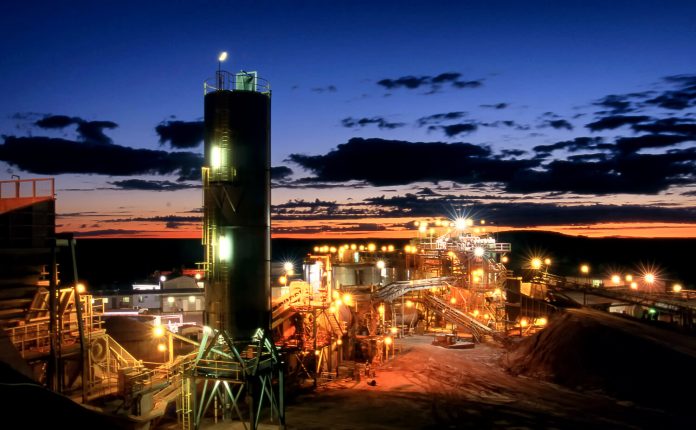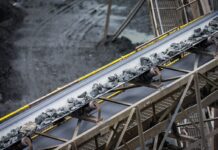
Australian technology company Calix Limited has been announced as a key industrial partner in a low carbon research project which has won $39 million in Australian Government funding.
The funding – provided through the Cooperative Research Centre (CRC) Grants program – will enable the establishment of the Heavy Industry Low-carbon Transition Cooperative Research Centre (HILT CRC), which will aim to reduce carbon emissions of Australia’s heavy industrial processes.
Led by the University of Adelaide, the CRC research team includes the University of Adelaide, the Australian National University, CSIRO, Curtin University, University of Newcastle, Swinburne University, Queensland University of Technology and international partners Arizona State University, German Aerospace, MINTEK and the University of Canterbury.
The core industrial partners include ADBRI, Alcoa, Boral, Fortescue, Grange Resources, Liberty, Roy Hill, and South32.
The HILT CRC – which is also backed by an additional $175.7 million in funding from its research and industry partners – will work to reduce heavy industry’s CO2 emissions, focusing on integrating green energy sources such as hydrogen, ammonia and solar into the high-heat and high-emissions manufacturing processes for products like steel, aluminium, and cement.
As part of the project, Calix will continue to develop its technology for the reduction of carbon emissions from lime and cement production.
The company will also use its Calix Flash Calciner (CFC) technology to develop other more sustainable processing applications such as for bauxite processing for the aluminium industry and production of calcined clay from kaolinite for use in new lower carbon cements.
Calix’s CEO and MD, Mr Phil Hodgson, said the company was excited to be a key partner in the HILT CRC and welcomed the funding from the Australian Government.
“It will provide opportunities for Calix to grow our expertise and network with some of Australia’s largest heavy industrial and mining companies, while helping to develop CO2 hubs, fast track projects and Australia’s long-term capability for low-carbon projects,” he continued.
“More specifically, it is a chance for us to demonstrate the technology developed for CO2 mitigation in the production of cement and lime through our European LEILAC-1 and 2 projects in an Australian setting, as well as explore other more sustainable applications for our technology in heavy industry, backed by this impressive team of researchers and industrial participants.”
Headquartered in Adelaide, the CRC will establish hubs in heavy industry regions of Gladstone, the Pilbara, Northern Tasmania, SA’s Upper Spencer Gulf, WA’s Kwinana and South West regions, the Southern Highlands of NSW and Portland in Victoria.



















